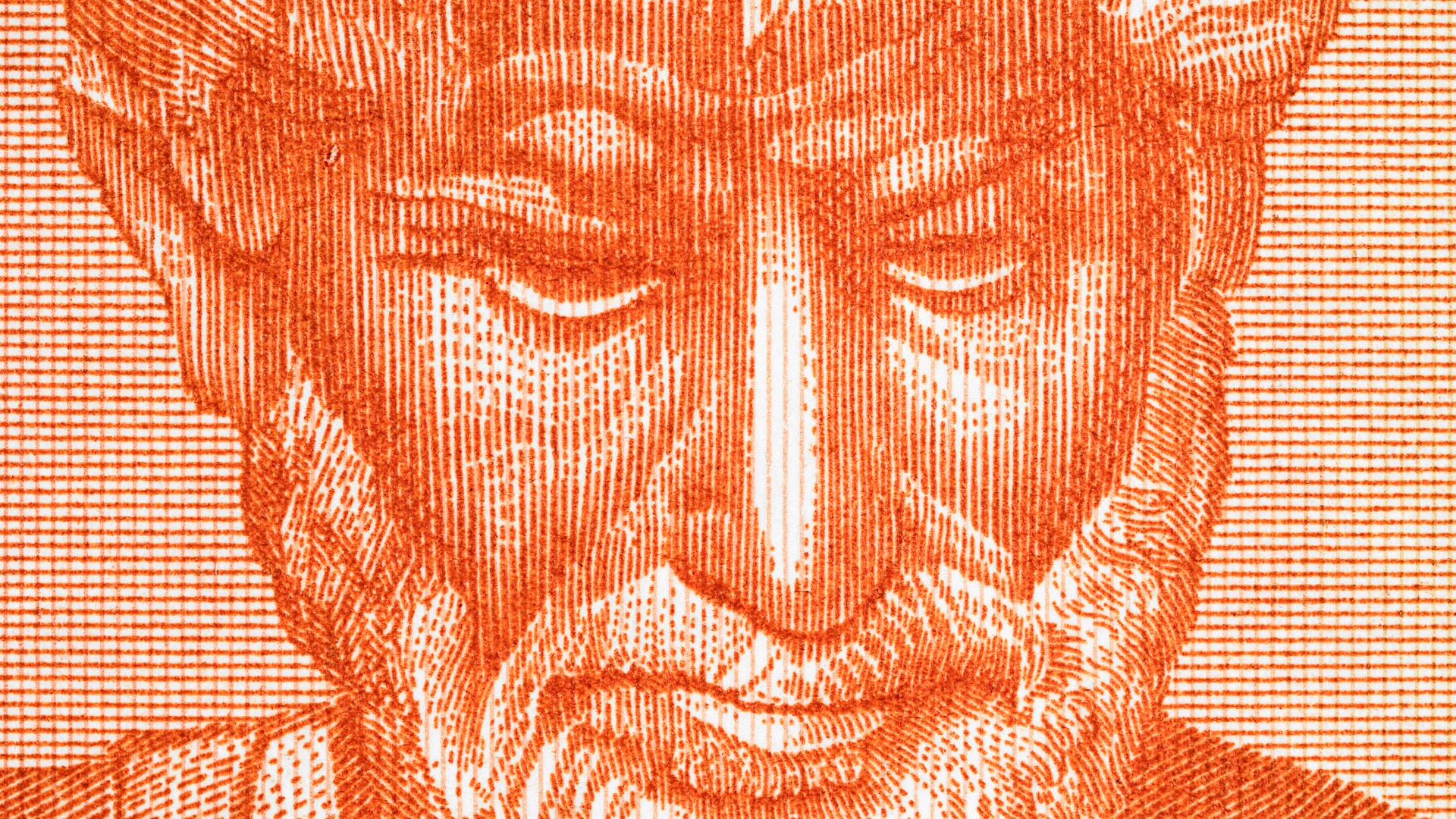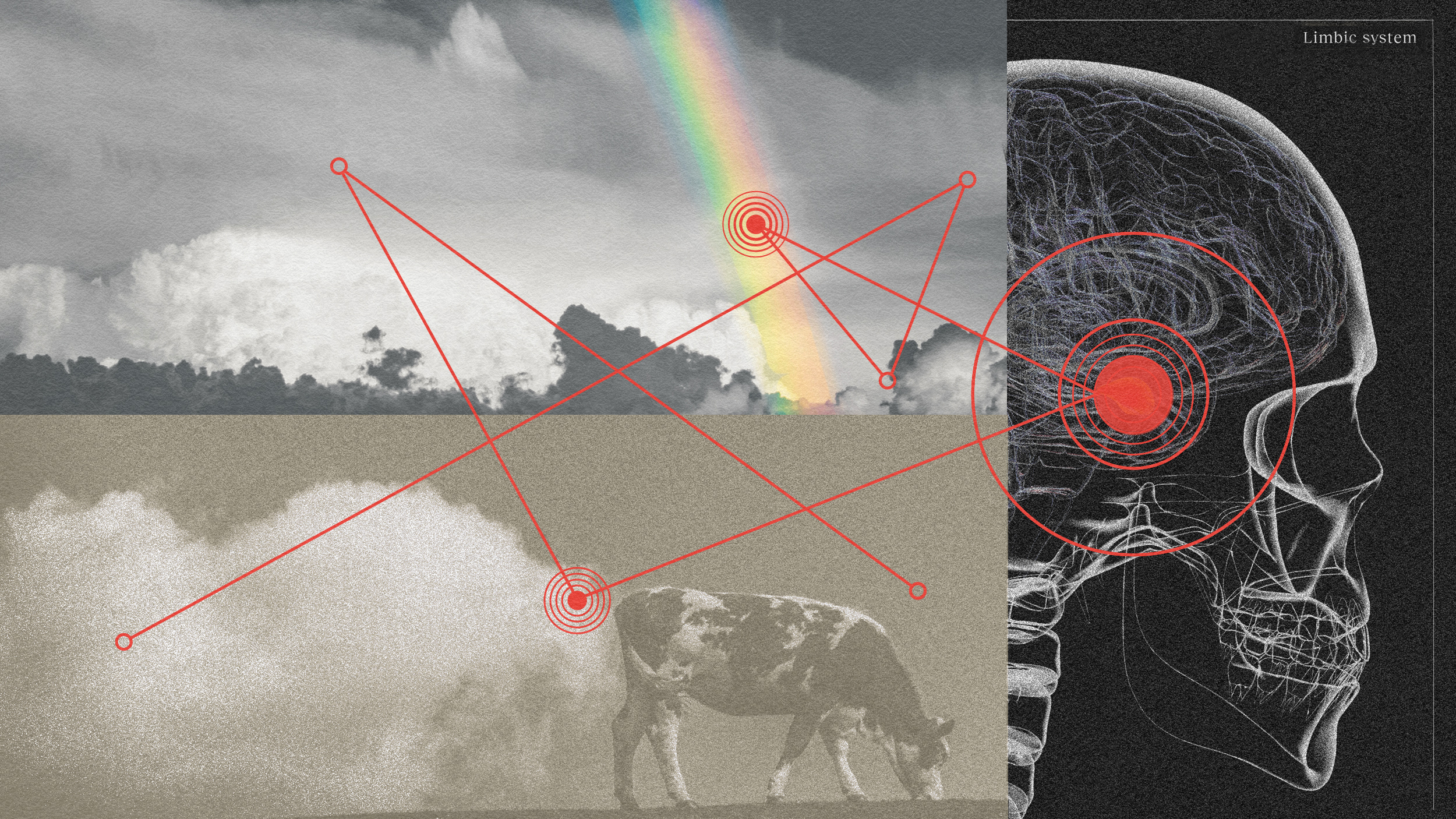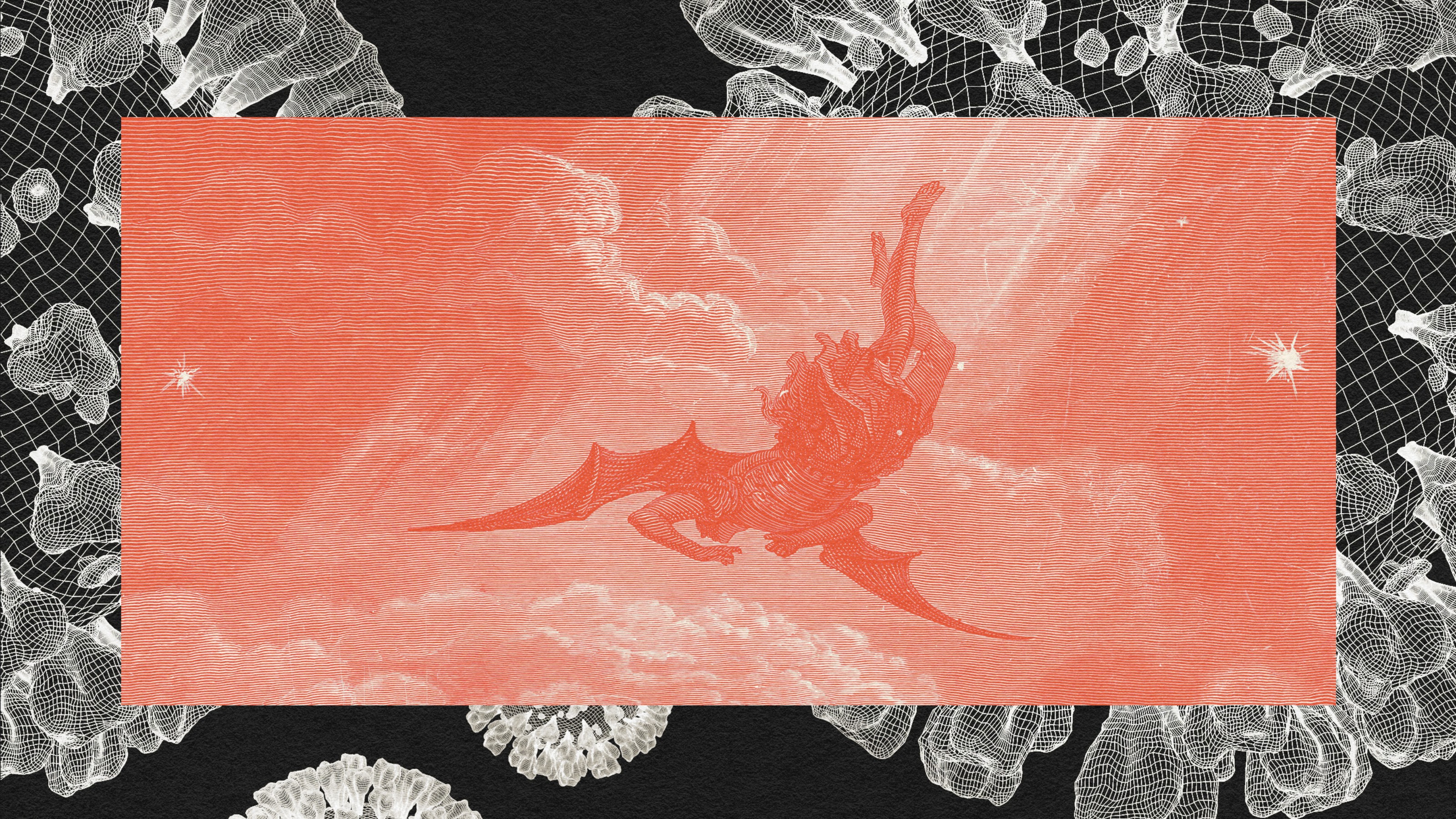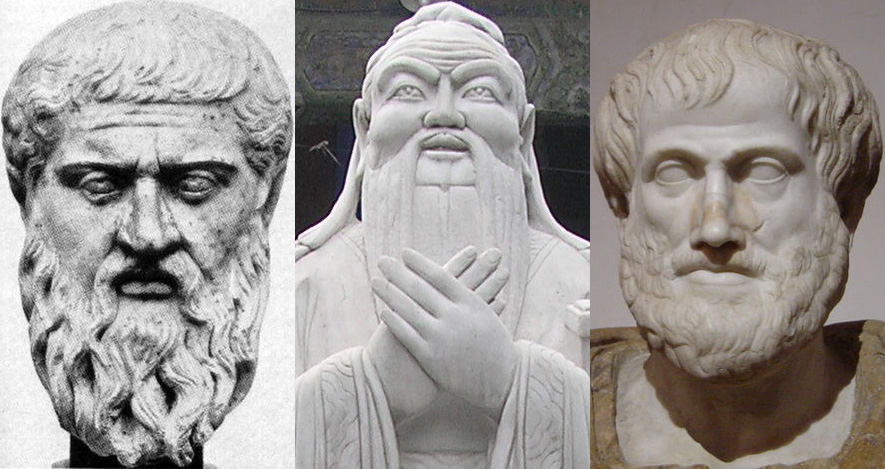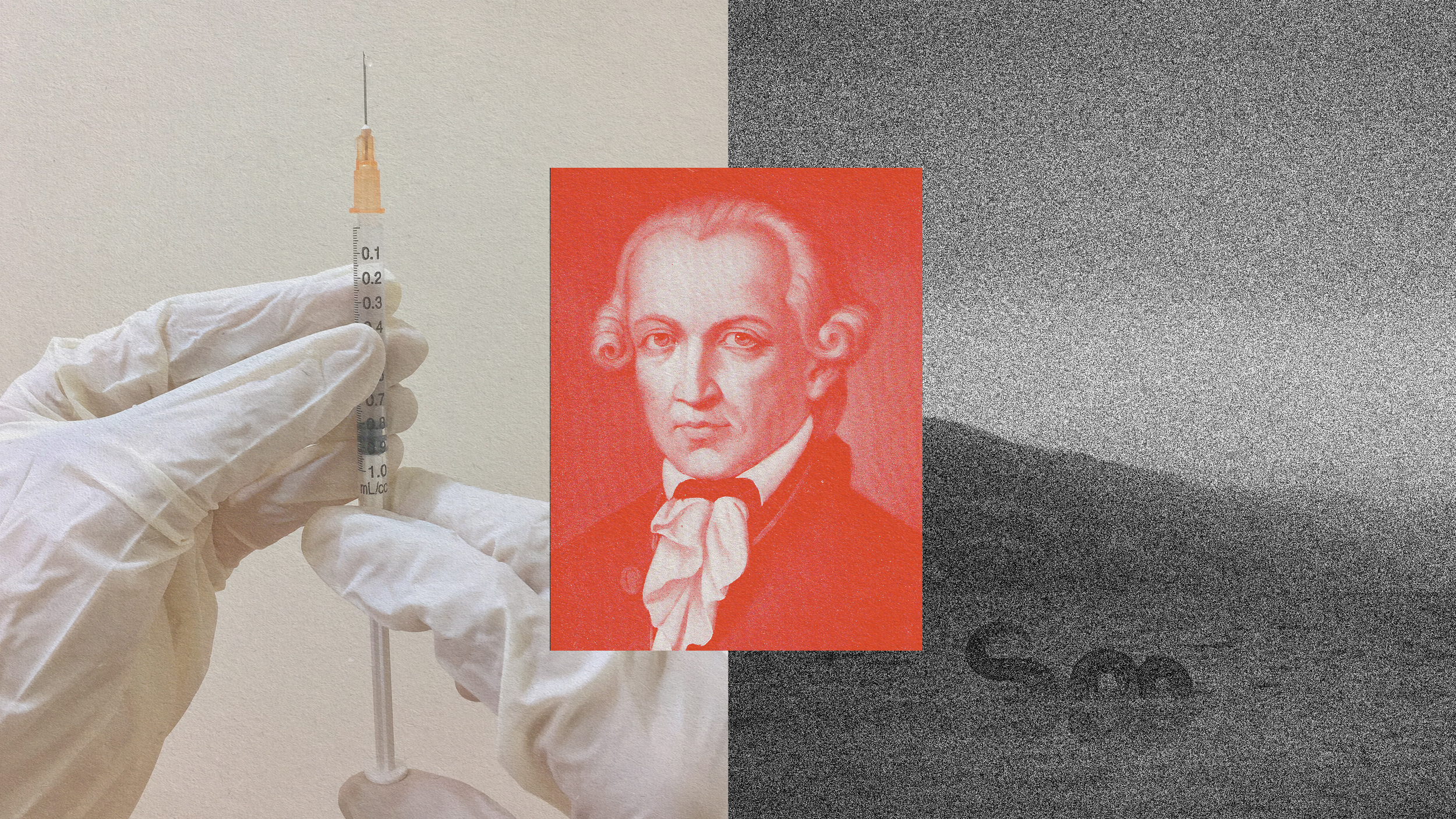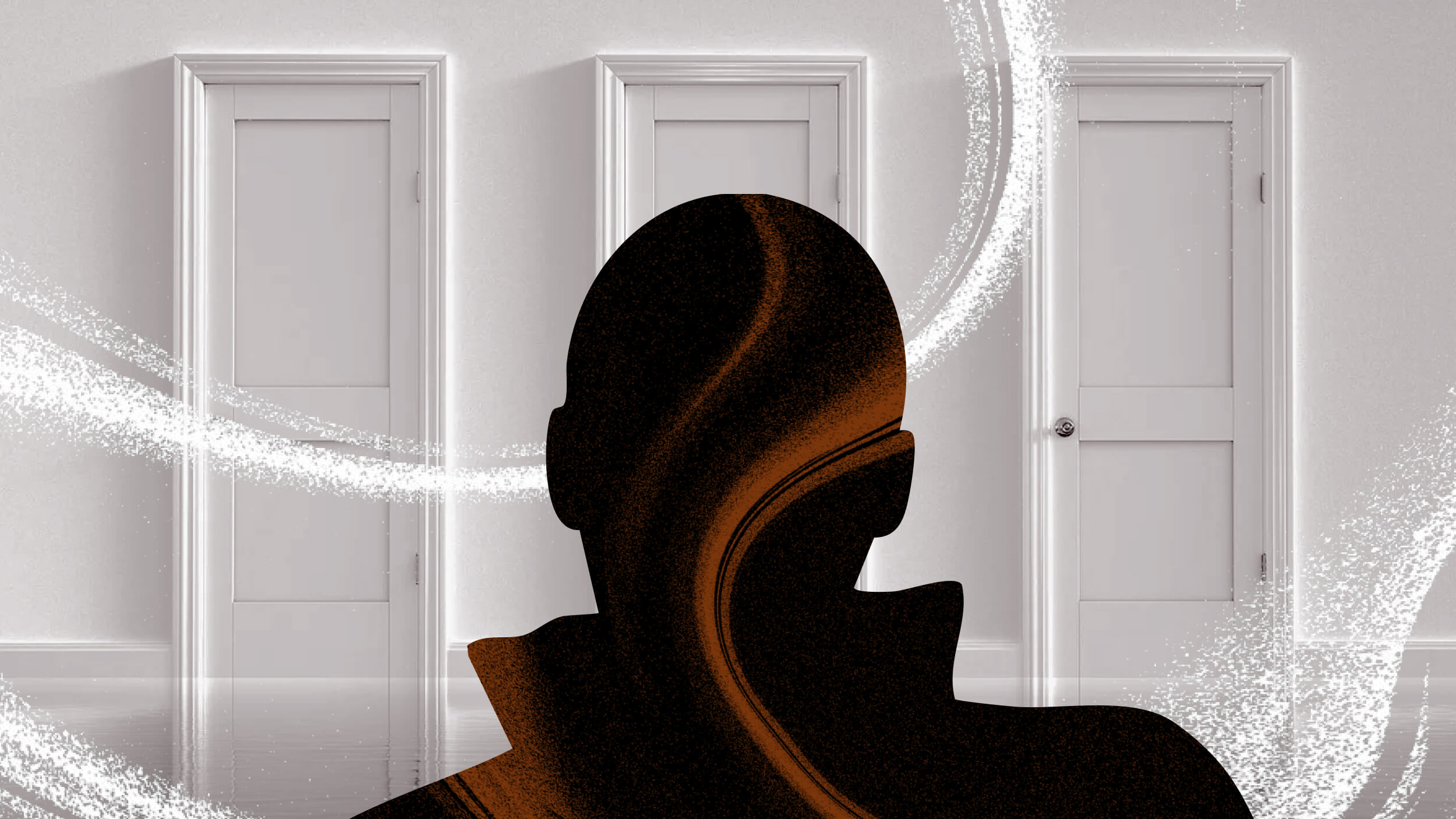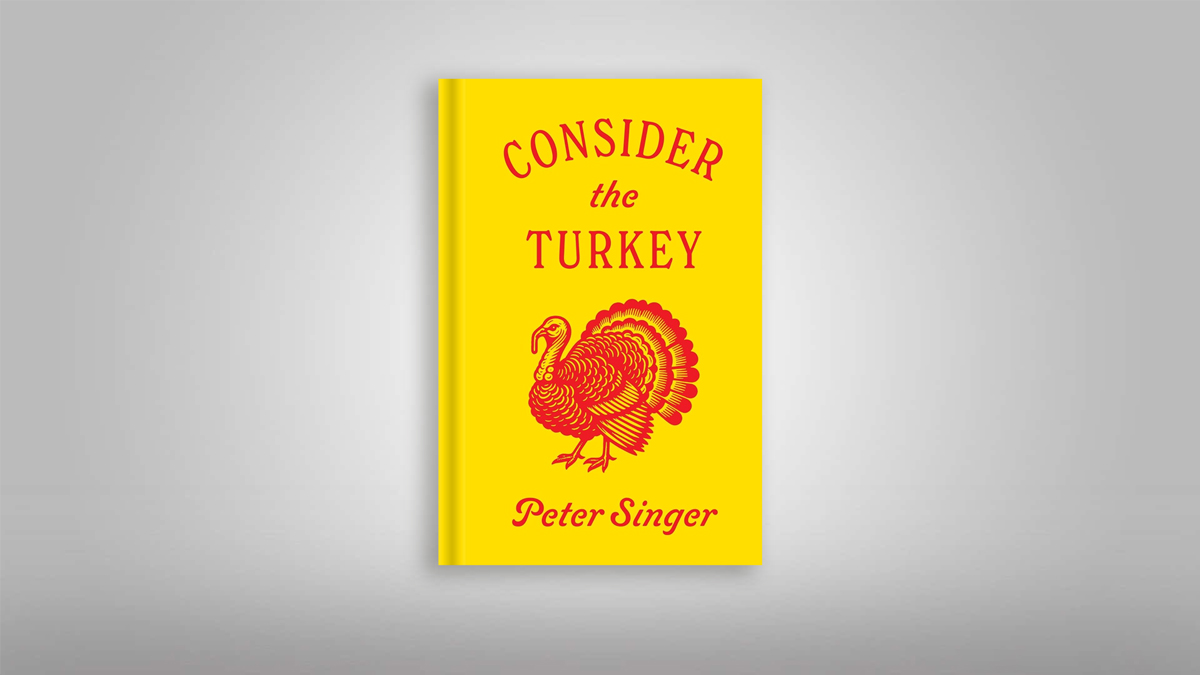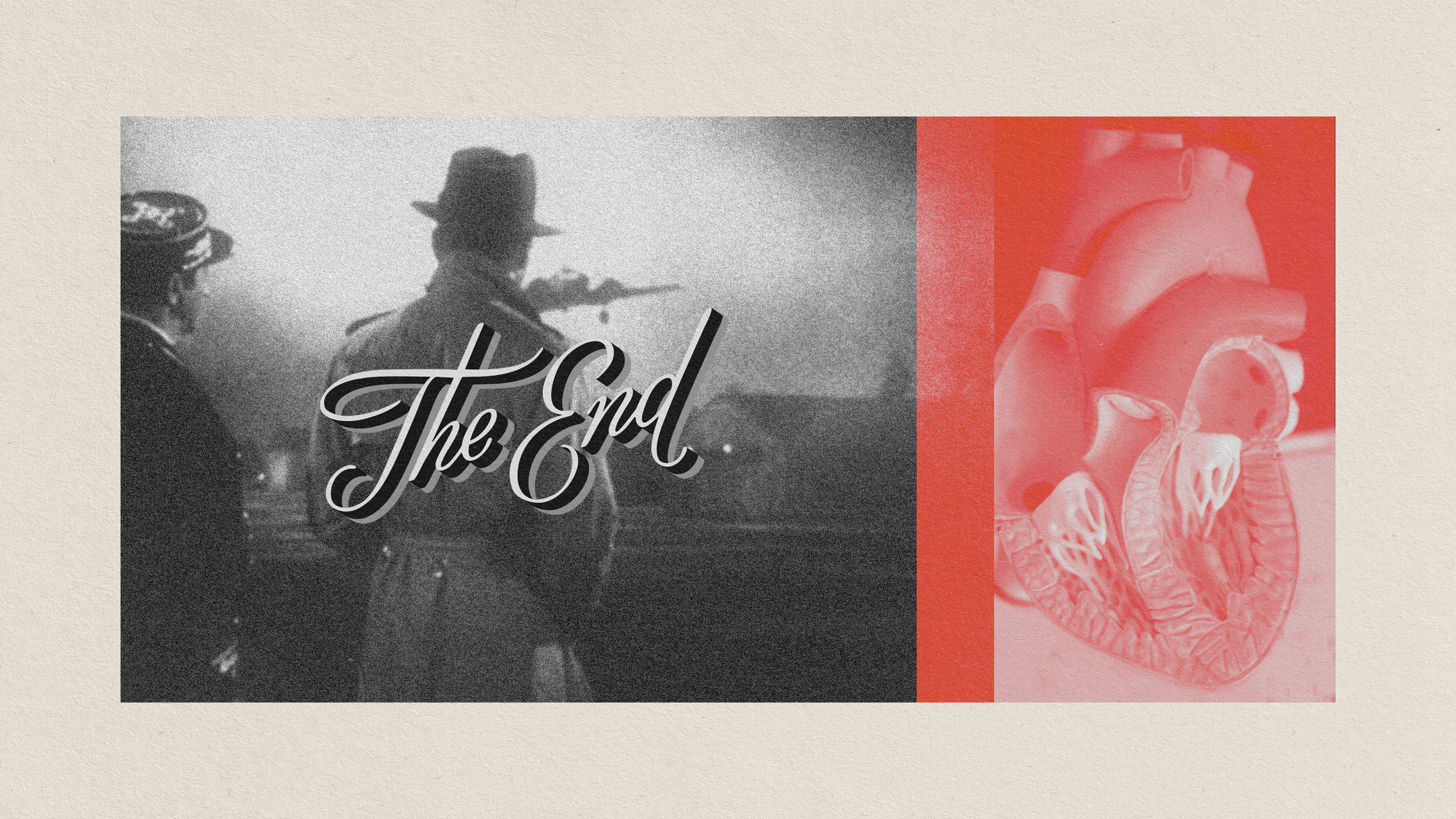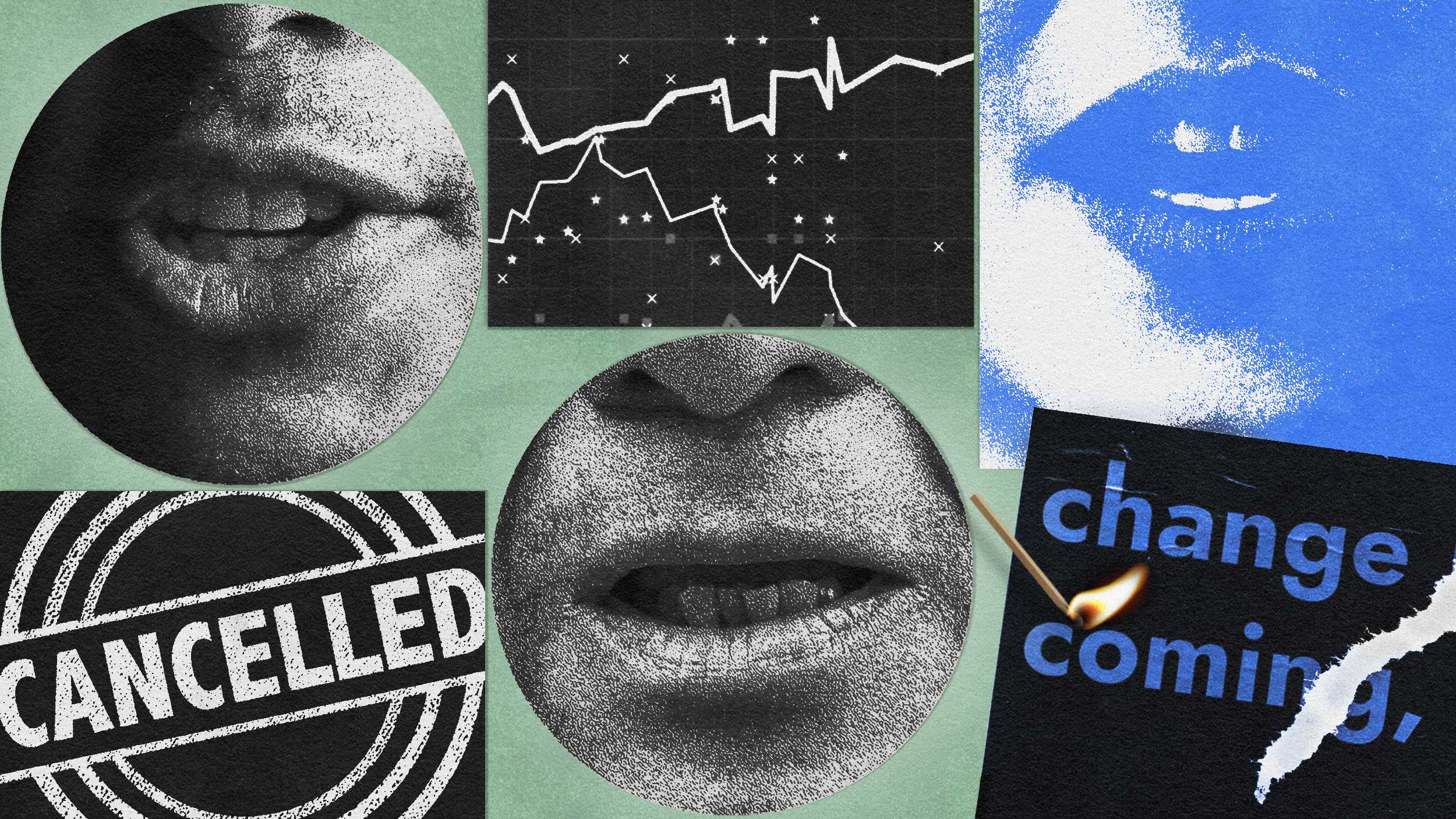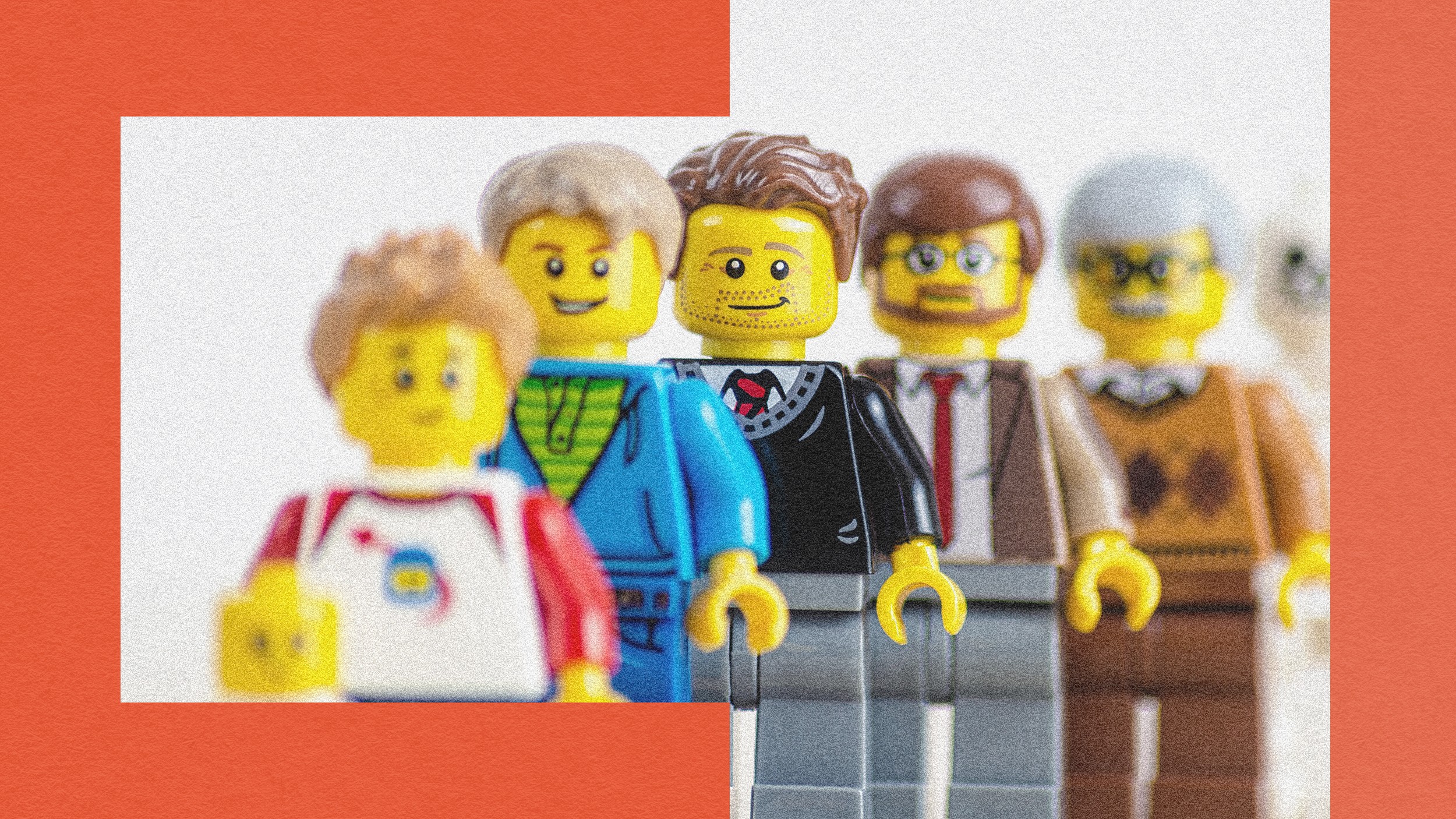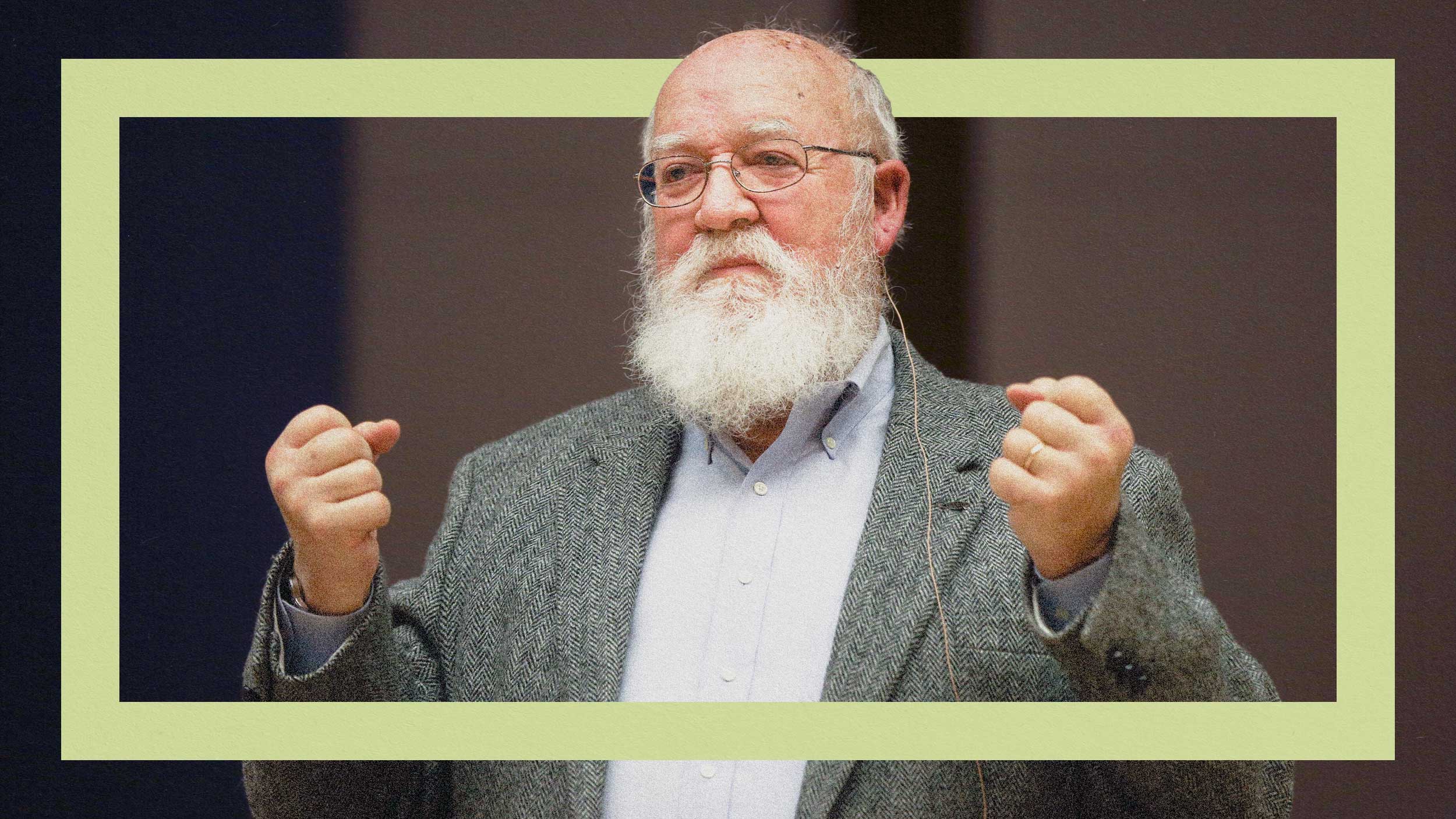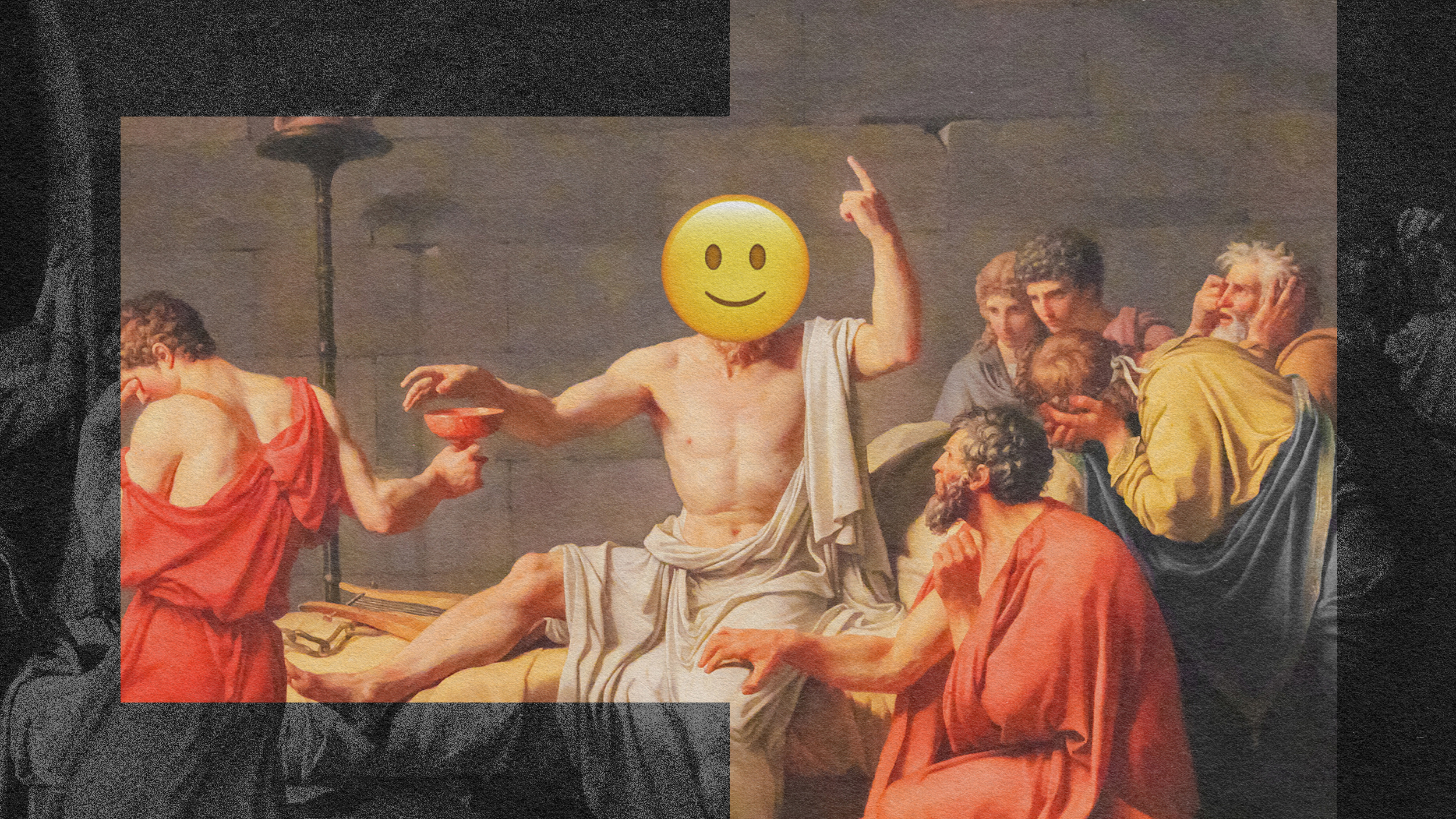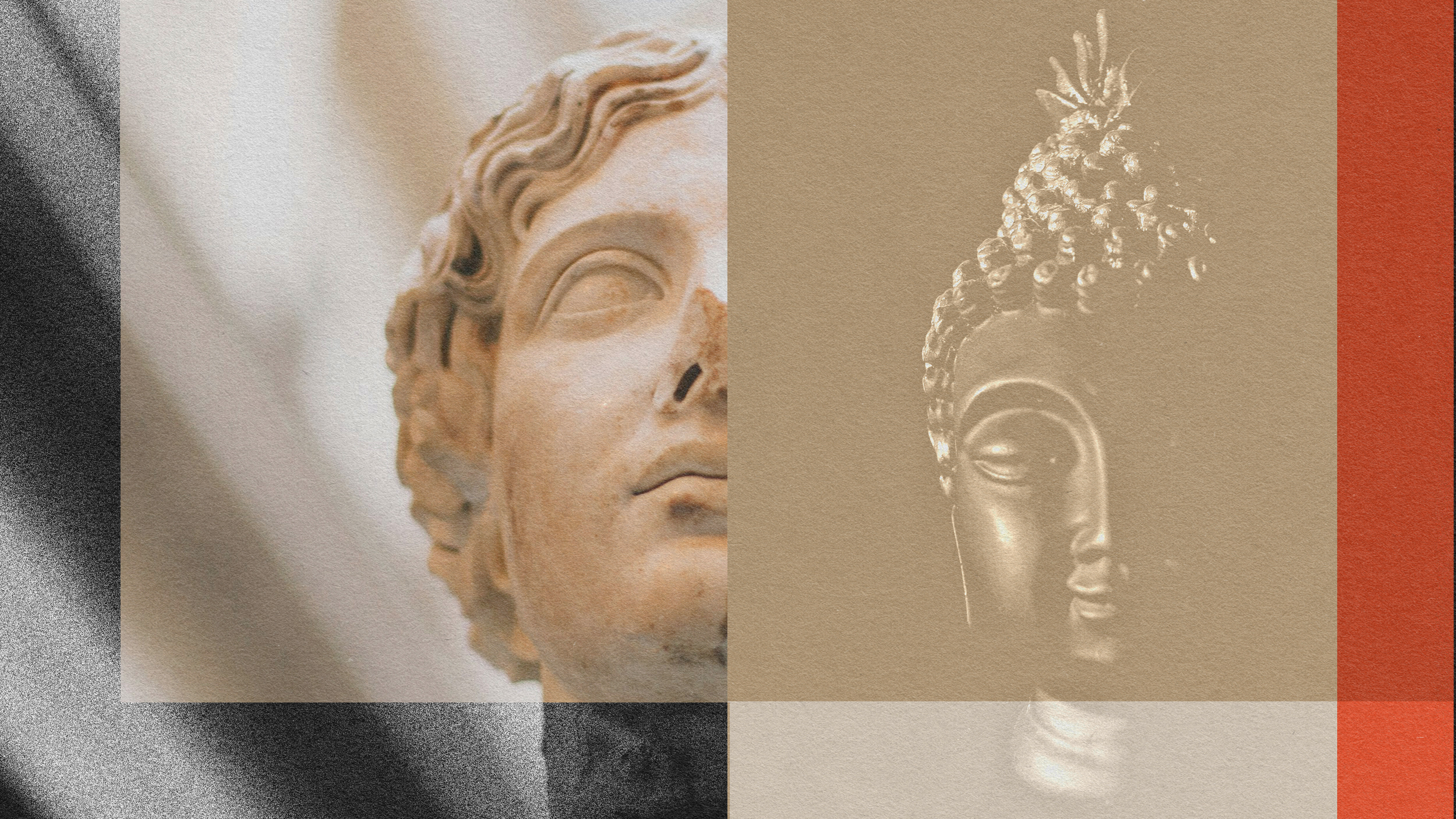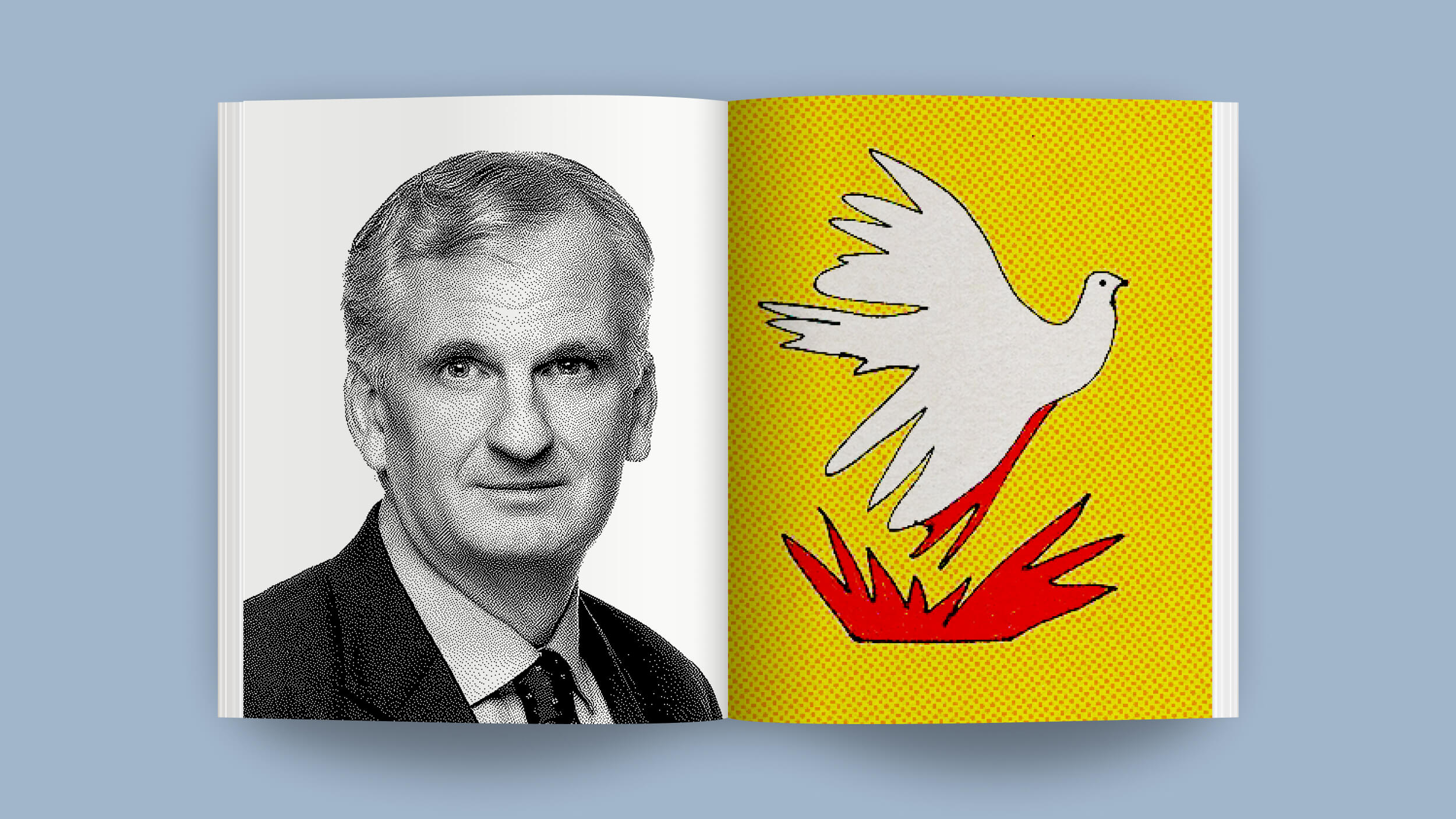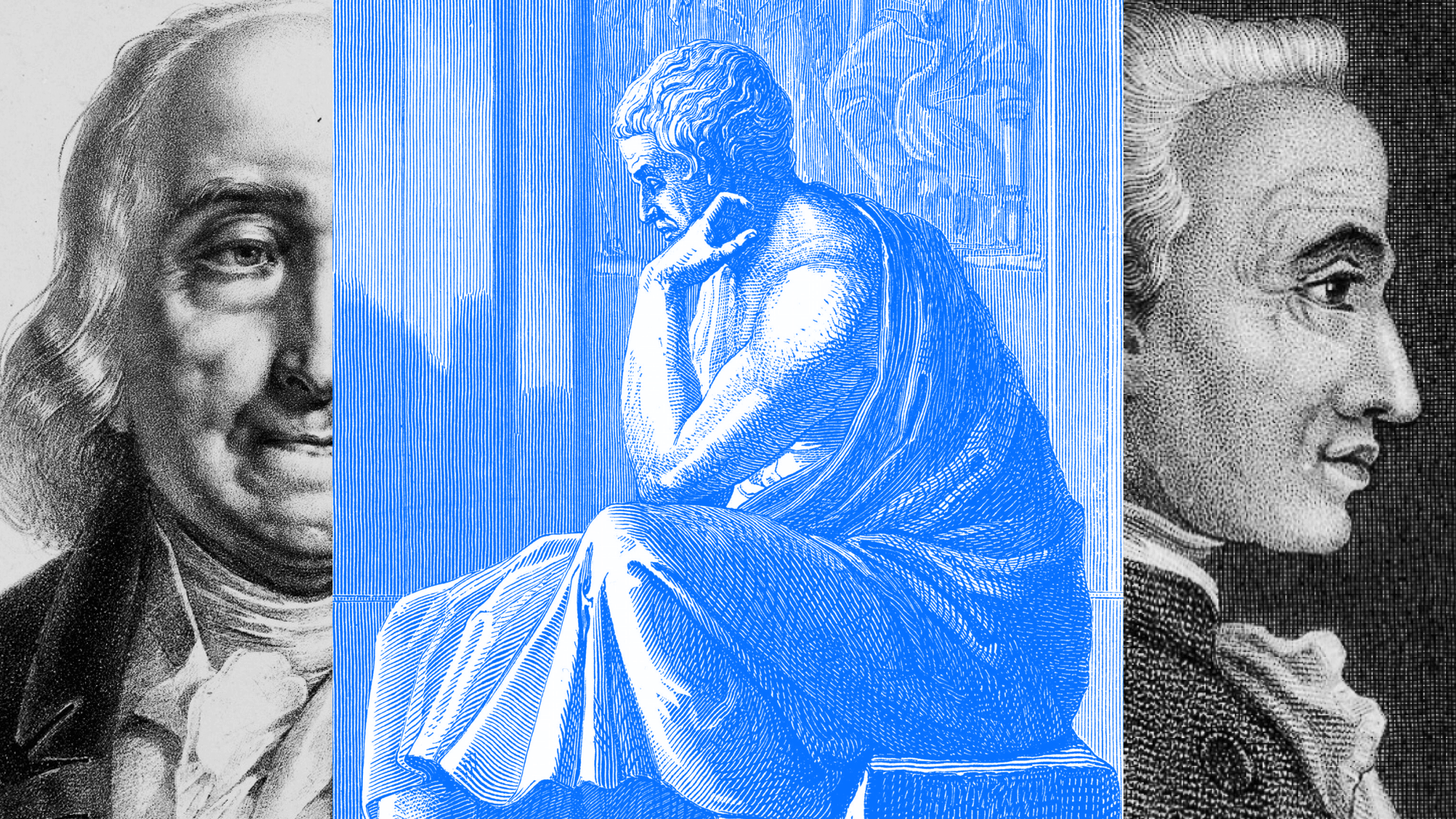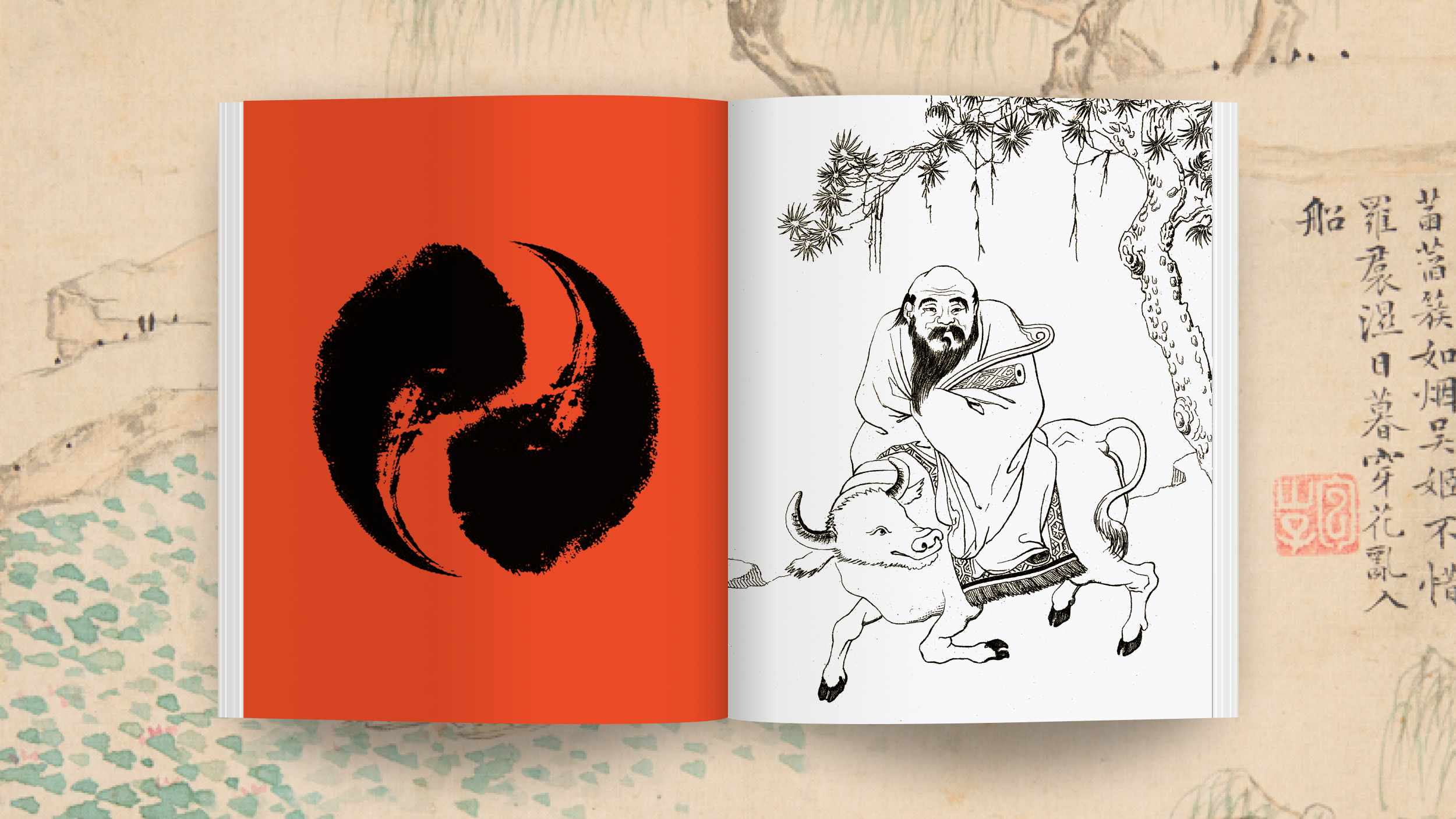philosophy
How black and white is your thinking?
Self-help often distills philosophical ideas for the modern ear. Sometimes, its better to go back to the source.
“We do not experience primarily because we have brains; we experience because we are alive.”
Just because you can’t experience it doesn’t mean it’s not real.
We have it in our power to forgive a debt — and learning to use this power in the workplace can be golden.
What if the barrier to a fulfilled life isn’t technology but culture?
“Could you create a god?” Nietzsche’s titular character asks in “Thus Spoke Zarathustra.”
Plato’s cave metaphor illustrates the cognitive trap of ignorance, where we may be unaware of the limitations of our understanding.
Will “Sausage Party” survive the test of time?
How many scientists does it take to ruin a good conspiracy?
Two great philosophies — but do they work better together?
If you’re an atheist with a vocation, who laid that path for you?
While we’re busy wondering whether machines will ever become conscious, we rarely stop to ask: What happens to us?
“I have a friend who thinks vaccines cause autism,” writes Nina. “What can I do?”
In the 18th century, David Hume argued that we are only motivated to do good when our passions direct us to do so. Was he right?
There’s little more infuriating in the world than being told to “calm down” when you’re in the midst of a simmering grump.
Philosopher Peter Singer argues it’s time to examine a morally dubious practice.
How can “you” move on when the old “you” is gone?
In his latest book, Malcolm Gladwell explores a strange phenomenon of group dynamics.
Reading this article would be such a millennial thing to do.
The late philosopher suggested adding a couple of “Occam’s heuristics” to your critical thinking toolbox.
The secret sauce is the real world.
Would you be upset if I called you an eggplant?
People often say, “Let go,” or, “Don’t take things to heart.” But where’s the line with this philosophy?
Modern autocracies operate “not like a bloc but rather like an agglomeration of companies,” says journalist and historian Anne Applebaum.
Historian Timothy Snyder talks with Big Think about how true liberty requires both negative and positive freedoms.
Three of the greatest moral philosophers — Bentham, Kant and Aristotle — offer invaluable and practical lessons for leaders today.
If you’re out on a walk, you will see a different world than your dog, a bee, or an ant. Here are three reasons why that matters.
“In that conversation with Laozi’s text, I began to see the shape of my own life, the questions that opened seams, the patterns that pooled and shimmered.”
Why do we tip waitstaff and cabdrivers but not flight attendants and retail clerks?

